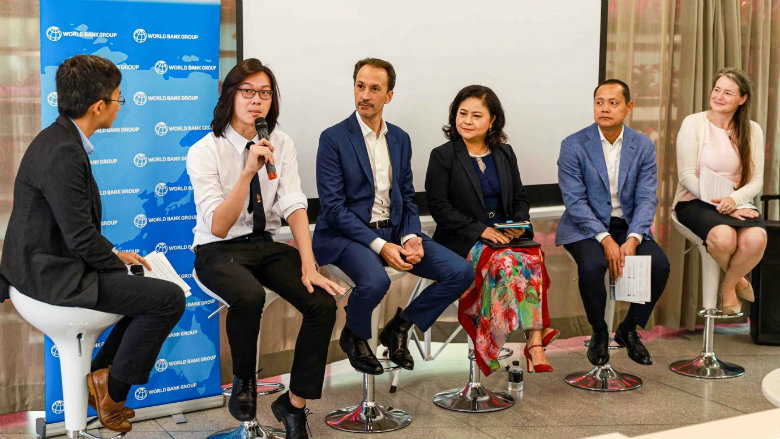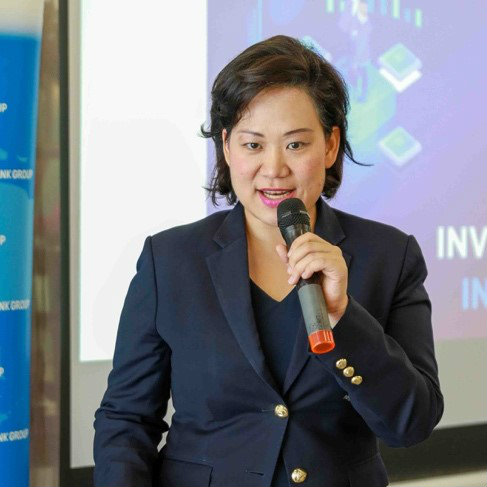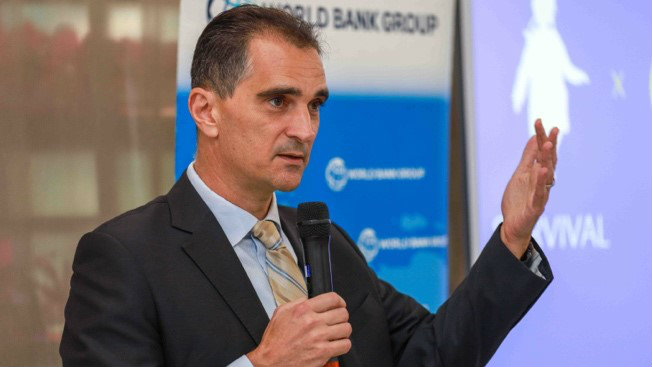Digital technology has disrupted all facets of our life. It has brought constant and unpredictable changes to the way that we live and work. Today no one can rely on staying in a specialized job their whole career because chances are technology will render it antiquated before long. New types of work that didn’t exist yesterday will force everyone out of their comfort zone to accommodate novel ways of doing things. The unrelenting pace of technological innovation is demanding three things above all from the modern work force – cognitive, social and adaptability skills.
This combination of advanced cognitive skills such as critical thinking to solve complex problems; socio-behavioral skills such as perseverance and empathy to forge teamwork; and adaptability skills such as reasoning and self-efficacy to achieve a desired result; are increasingly important in labor markets globally, according to the World Bank’s World Development Report 2019: The Changing Nature of Work. Thus, what can developing countries do to ensure that they have such a work force to compete in the economy of the future? The answer, in a nutshell, is human capital development. Even more simply put – invest in people.
“We are talking about (investing in) good health, nutrition, education and skills that make it possible for people to have a productive and prosperous life,” Dr. Gabriel Demombynes, the World Bank’s Program Leader for Human Development, told the ASEAN: Invest in Me seminar organized by the World Bank and Chulalongkorn University’s School of Integrated Innovation in Bangkok last month.
The World Bank’s Human Capital Project has been advocating that countries accelerate more and better investments in people for greater equity and economic growth. But where should human capital development start?
“The most effective way to acquire the skills demanded by the changing nature of work is to start early,” said Dr. Birgit Hansl, World Bank Country Manager for Thailand. “Early investments in nutrition, health, social protection, and education lay strong foundations for the future acquisition of cognitive and socio-behavioral skills.”



